Question: My 2 month-old son has trouble sleeping from 5am – 7am. He usually feeds at 6am but will wake up early, about 5am and keeps fussing. Even after feeds, he’ll be half asleep and keeps fussing till about 7.30am when we bathe him. Can you advise what’s the problem and what can we do to help him sleep better?
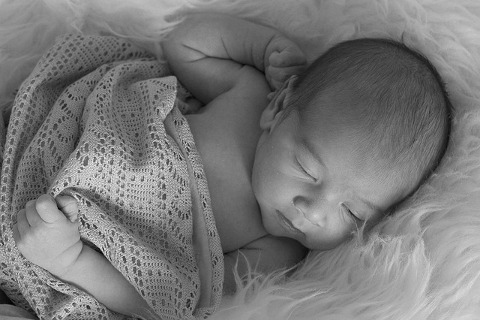
Answer: Infants sleep between 9 to 12 hours during the night and nap between 2 and 5 hours during the day. At 2 months, infants take between two and four naps each day, and by 12 months, they take either one or two naps.
All babies wake briefly between four and six times a night. Babies who are able to soothe themselves back to sleep (“self-soothers”) awaken briefly and go right back to sleep. In contrast, “signalers” are those babies who awaken their parents and need help getting back to sleep. Often this is due to the development of inappropriate sleep onset associations resulting in these babies have difficulty self-soothing. Common inappropriate sleep onset associations include: carrying, rocking, nursing or bottle-feeding as an aid to help the child sleep.
Babies who are extremely fussy or frequently difficult to console may have a medical problem, such as colic, reflux or breathing problems. Do consult your doctor if there are persistent problems or when in doubt. Developing good sleep habits from young will help your child sleep better. These include:
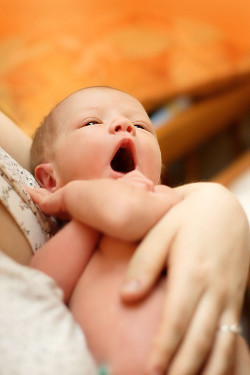
1. Consistent sleep schedule
Regular nap times, bedtime and wake times to accommodate children’s natural preferences, activity and family lifestyle.
2. Consistent bedtime routine
A consistent but enjoyable and soothing bedtime routine is important to help transit the child from wakefulness to sleep. For an infant, this can include bathing, massage, cuddling.
3. Avoid sleep onset associations
Always put the child to bed awake but drowsy, so that they can learn to settle themselves and fall asleep both at bedtime and at night awakenings. Avoid sleep associations e.g. rocking, breastfeeding, bottle-feeding.
4. Avoid night feedings after age 6 months
Night feedings are not physiologically necessary in most cases after the age of 6 months.
5. Avoid co-sleeping
Co-sleeping increases the risk of Sudden Infant Death Syndrome under certain conditions. Co-sleeping infants have less deep sleep and more frequent nighttime arousals and may have difficulty transiting to their own bed or room when appropriate and necessary.
6. Ideal bedroom
The bedroom should be at a comfortable temperature, quiet, and dark.
7. Encourage adequate sleep with an age-appropriate duration of night sleep and daytime naps.
Dr Jenny Tang
Paediatrician, Sub-specialty in Respiratory, Sleep & Allergy Medicine
SBCC Baby & Child Clinic, Asthma, Lung, Sleep & Allergy Centre
Practice Address:
6 Napier Road
#07-05 Gleneagles Medical Centre
Singapore 258499
Tel: 6475 0820/ 6397 6966 (Hotline)
Email: info@sbcc.sg
Like what you see here? Get parenting tips and stories straight to your inbox! Join our mailing list here.
Want to be heard 👂 and seen 👀 by over 100,000 parents in Singapore? We can help! Leave your contact here and we’ll be in touch.












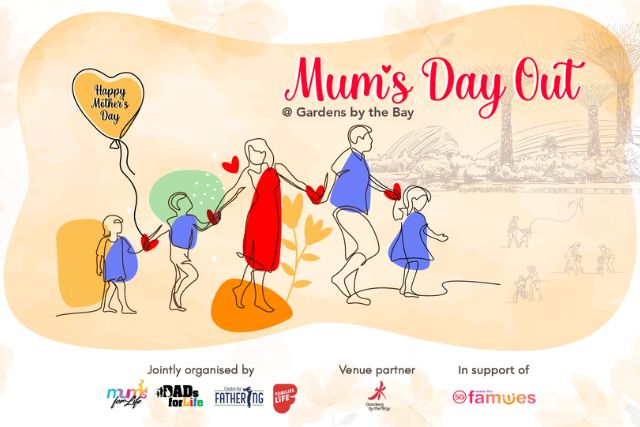


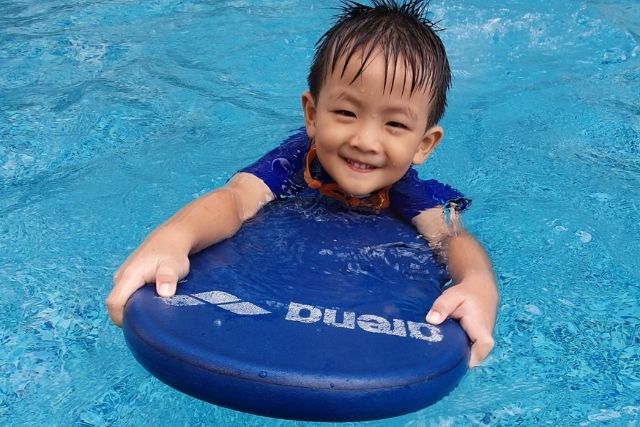




















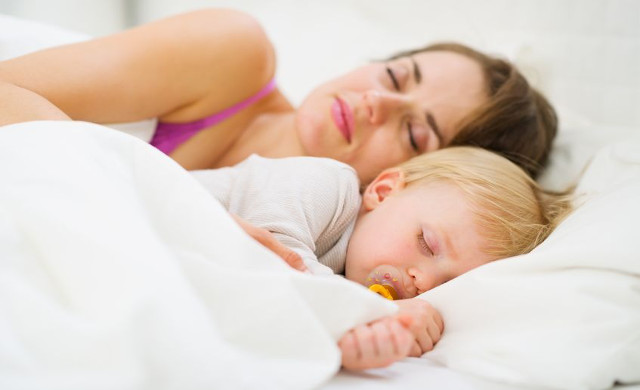
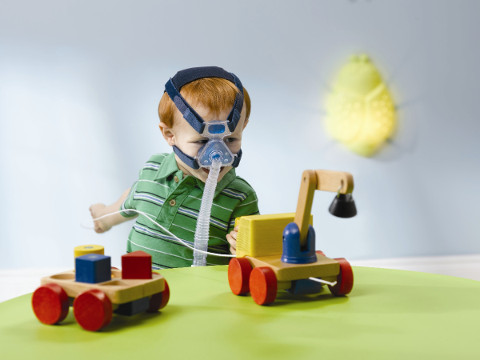

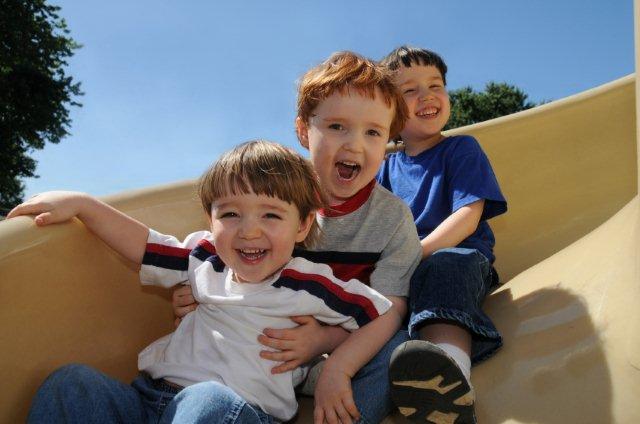
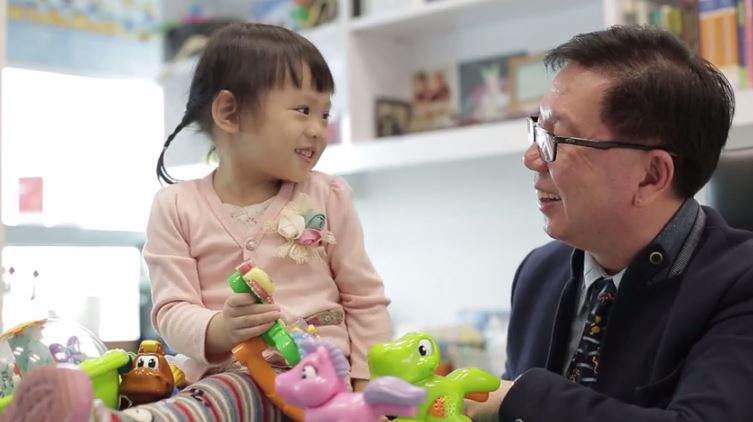

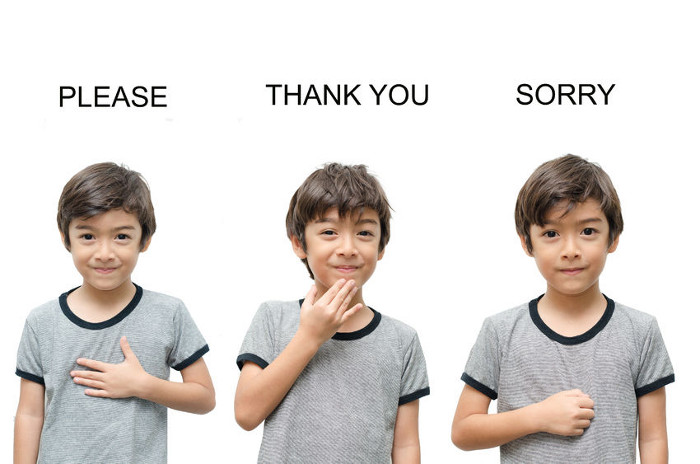


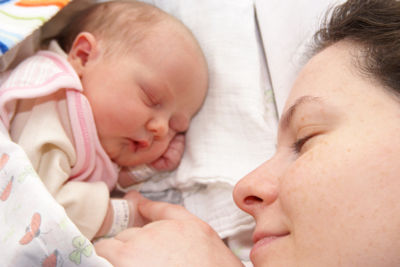











Leave a Comment: